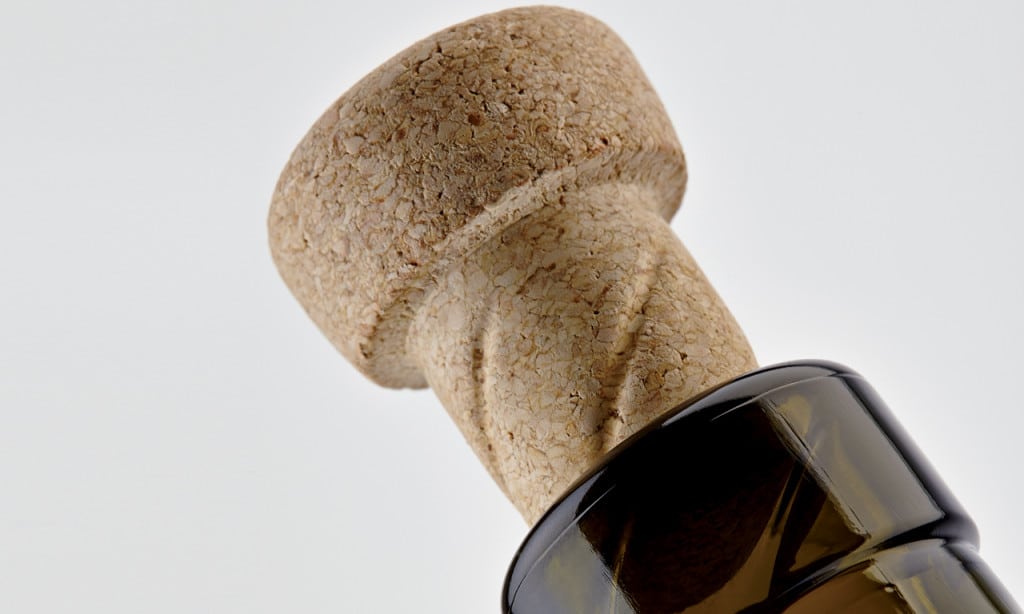[LUM#1] Innovation in the cork
Innovation in wine! Cork manufacturers are offering small revolutions to continuously improve the quality of the nectar of the gods... It is a thousand-year-old beverage, yet it is constantly reinventing itself.

"Wine has a very traditional image, but it's a sector in which there is a lot of innovation," explains the director of the Montpellier Center for Training and Research in Oenology. Even the little cork is full of innovation. Cédric Saucier brought together the leading specialists in the sector at the University of Montpellier to present the latest innovations.
Summit meeting for the cork
The undisputed star of corks is cork. "It is airtight, elastic, a natural and renewable material, and can last up to 70 years," explains Cédric Saucier. It has adorned the bottles of the finest wines since its invention 150 years ago "by tradition but also by necessity, as it is a material that has proven itself for wines intended for aging." Cork allows the wine to "breathe," letting in the tiny amount of oxygen necessary to prevent defects in the wine.
The only problem with cork is that it can give wine the infamous "cork taint." "Three to seven percent of corks are to blame, which represents a large number of bottles," explains Cédric Saucier. The culprit behind this unpleasant phenomenon is trichloroanisole, or TCA for short, a molecule produced by fungi that nest in cork.
While this defect does not discourage French consumers—three-quarters of bottles sold in France have cork stoppers—it is a real deal-breaker in many countries that have opted for other materials: plastic, glass, or metal. "Metal screw caps adorn one in four bottles worldwide and have conquered 80% of the Australian market: zero risk of contamination, no need for a corkscrew, and a resealable bottle ," explains the specialist.
Sniffing the plugs
Is the cork stopper at risk of disappearing in favor of metal, a victim of its cork taste? Not likely, according to Cédric Saucier. "Especially since this problem may soon be a thing of the past: industry professionals are currently testing a prototype that can detect contaminated corks by 'sniffing' them one by one, which is a revolutionary development! " says the specialist, who expects this technology to be on the market within the next year or two. "If we eliminate the risk of cork taint, cork has no more flaws!"
No flaws... but you still need to have a corkscrew handy to enjoy the drink. "Not necessarily! Cork manufacturers are innovating in this area too. One of them has developed a cork that can be unscrewed and screwed back in by hand." A small piece of cork that reconciles tradition and innovation.
Find UM podcasts now available on your favorite platform (Spotify, Deezer, Apple Podcasts, Amazon Music, etc.).